- Home
- slideshows
- miscellaneous
- Here are the US professions with the biggest risk of getting hit by coronavirus - and the threat goes way beyond hospitals
Here are the US professions with the biggest risk of getting hit by coronavirus - and the threat goes way beyond hospitals
Medical professionals

First responders
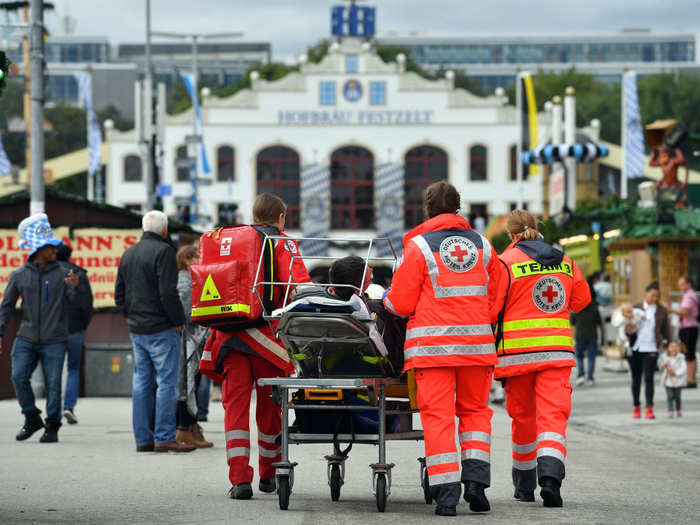
Firefighters, emergency medical technicians, ambulance drivers, and police officers are likely to be on the front lines of an outbreak.
Like medical professionals, first responders tend to have a high risk of exposure to disease and infections, according to O*NET. Police officers, firefighters, and EMTs are also high on O*NET's list of jobs that involve working directly with the public, again reinforcing the idea that they interact directly with lots of people every day.
Service workers
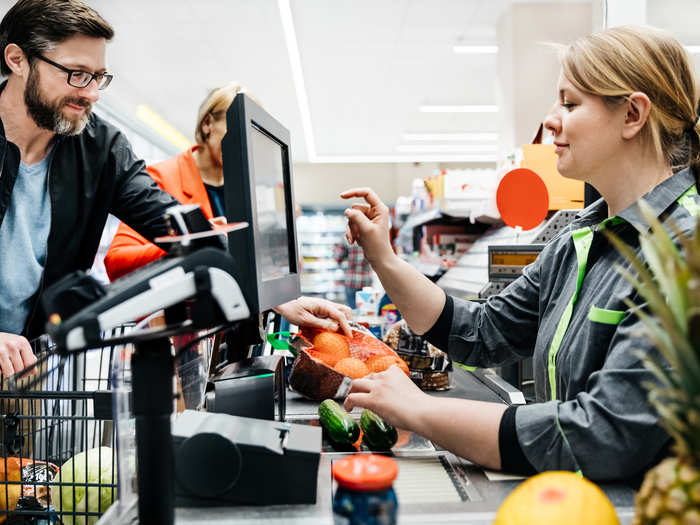
The people who make and serve food, deliver goods, and keep retail stores open could face serious impacts from a coronavirus outbreak.
Couriers and messengers appear relatively high on O*NET's list of occupations that face exposure to disease and infections.
Barbers, fast food workers, physical therapists, athletic trainers, and manicurists all work in close physical proximity to their customers and colleagues.
Retail salespersons, concierges, restaurant servers, and cashiers all work directly with the public, putting them into potential exposure with those infected with the coronavirus.
Service workers and small businesses in Asian countries that have already been hit hard by the new illness have already seen this kind of economic pain.
Jobs without a lot of flexibility
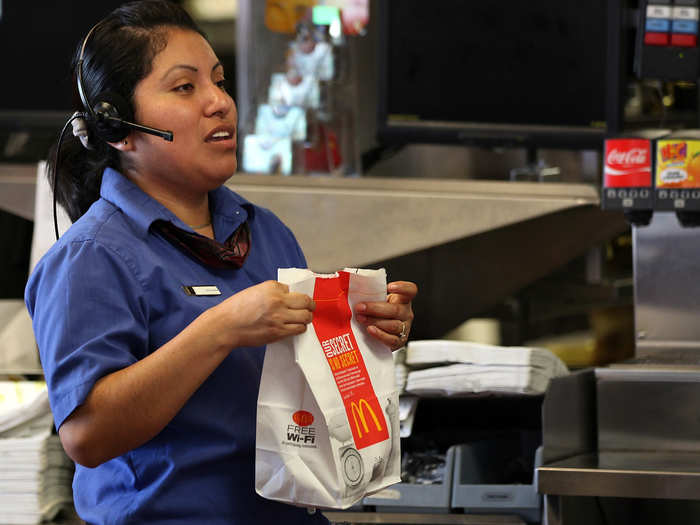
Several big global companies are taking precautions against the new coronavirus, including encouraging their employees to work from home to mitigate any spread of the illness.
But not all jobs have that degree of flexibility.
Marissa Baker, an assistant professor at the University of Washington Environmental & Occupational Health Sciences department, told Business Insider that workers who may not have options to work from home, or who are paid hourly, will have to face tough decisions. "Do I stay home if I feel ill, or go into work so I can have a paycheck? What do I do if my child's school is closed, and I can't afford to stay off work?" she said.
Baker also noted that many jobs lack extensive paid sick leave, forcing tough decisions for workers deciding whether or not they should go to the hospital if they're feeling ill.
In a 2018 paper estimating disease and injury risks for the workforce of the Pacific Northwest, Baker and her colleagues included a measure of how much freedom workers have to make decisions as a proxy for the above considerations.
Many of the service sector jobs previously mentioned, like restaurant servers and fast food workers, as well as several other blue-collar occupations like non-airplane transportation attendants and textile workers, show up very low on O*NET's ranking of decision-making.
While it's not a perfect measure of workplace flexibility, workers in these types of occupations may be facing the types of risks that Baker noted, and might not have the resources or support from their employers needed in the face of an epidemic.
Airline personnel
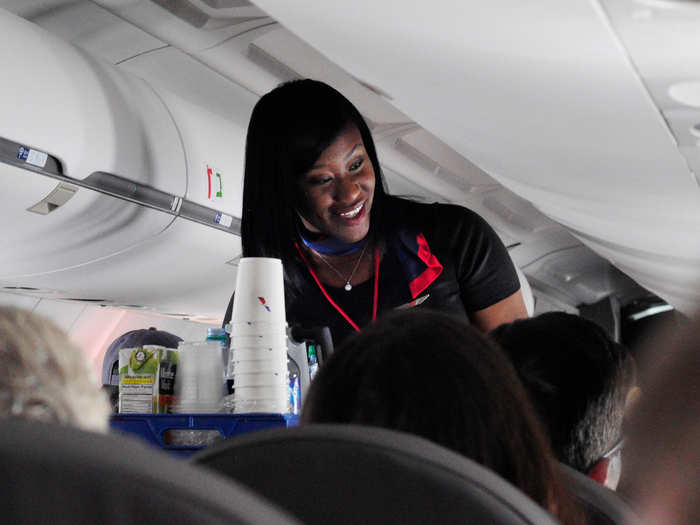
Airplanes are enclosed spaces with tightly packed people, and thus represent a workplace that could contribute to the spread of something like the coronavirus. The airline industry has begun to brace for a slowdown in the event of a more widespread outbreak.
Flight attendants and airline pilots work in very close physical proximity to other people, according to O*NET. Flight attendants also appear pretty high up on the list of jobs with a risk of exposure to diseases and infections.
Actors, dancers, and other performers
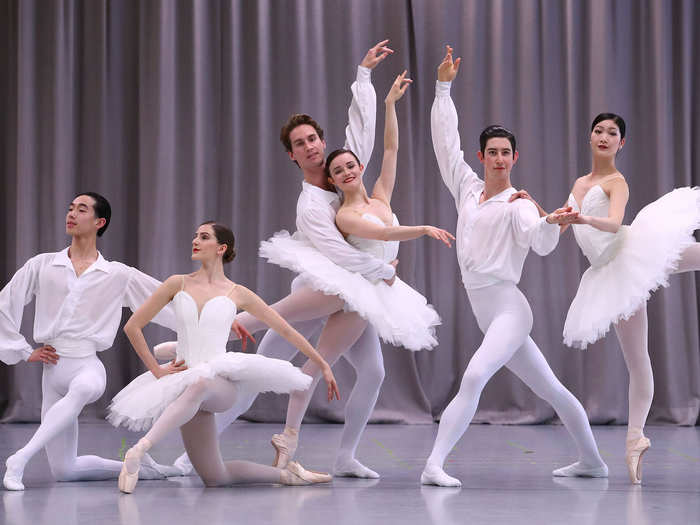
According to O*NET, choreographers, dancers, actors, and singers all tend to work in close proximity to their colleagues. That sets up conditions where a highly infectious illness like the coronavirus could quickly spread through a workplace.
Occupations like these also involve lots of contact with the broader public, again increasing the risk of exposure.
Popular Right Now
Popular Keywords
Advertisement